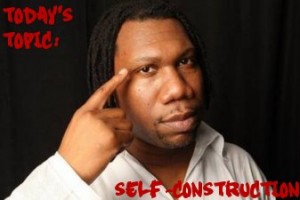Please, Administrators of Canada (and probably the US and Australia, and South Korea, and New Zealand, and Morocco, and…), please stop jumping headfirst into change initiatives and expect your teachers to jump on with you as if they had been there from the start.
Do you know that some of the least effective PD (wish I could locate the references. I can’t so trust me on this one for now) EVER is when a small group goes out to a conference or training session and then tries to bring their learning back to their schools?
If you know this, then why is it still happening? More importantly, why is this model for PD still being offered? Especially with all of the different models that are available to us now through the technologies that are being advanced every single day?
You see, what happens is the marathon effect.

It’s effect on organizations is described nicely here, in a passage from this document on transitions for sustainable social change:
People leading a change have usually already gone through their transitions and are ready to hit the ground running as soon as the change is announced. Others, however, are either just entering the Neutral Zone, or have not even made it through their Endings. They need time to arrive at their New Beginnings. Change leaders need to give them that time for adjustment and guide them through their transition rather than wonder why it’s taking so long.
Even worse is when this happens on a consistent basis. One year differentiated instruction, the next – learning with laptops, the next – SMART boards, the next – multiple intelligences, the next…
When this happens organizational trust is very low and you get a school of teachers who are doing their own things while the administration is cut off from what is really happening.
So. If I could whisper something in the ears of all of you who are in charge of professional development at your schools it would be…
…slow down. Honour time for transition. Find out what your teachers need and want in order to let their passion for teaching shine. Nurture it, celebrate it. By doing this you’ll create a climate of trust in your organization through which so much can be accomplished.
Remember, when you run a marathon there is only one winner. We can’t afford only one winner in education.




